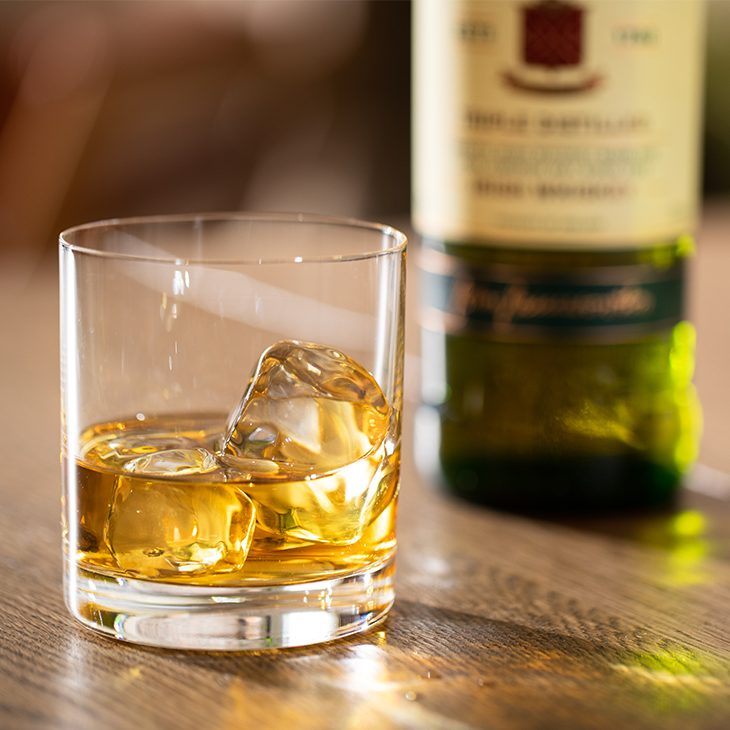
Irish Whiskey vs Scotch: What’s the Difference?
Ah the great debate, Irish whiskey vs scotch. While some may say there’s no real difference, the process of how they’re made, the resulting taste and even how they’re spelled tells the real story. If you want to be up to speed on the scotch vs Irish whiskey debate, we’re giving you all the information you need right here.
While Irish whiskey and scotch are created in close proximity just across the water from each other, the distillation, the taste and how they’re enjoyed really do differ when it comes to the important stuff. Whether you’re a whiskey aficionado or you’re just curious, you should get all the knowledge you need here.
The Tale of Two Spirits: Is Scotch and Whiskey the Same Thing?
First and foremost, the key difference between scotch and Irish whiskey is where they come from. No doubt everyone will get full marks for guessing where ‘Irish whiskey’ is from, and for those who don’t know, ‘scotch’ is the name of whiskey that comes from Scotland. To earn the title ‘Irish whiskey’, whiskey that is created in Ireland must spend a minimum of three years maturing in a cask on the island of Ireland, and scotch has some similar Scottish requirements with a minimum of three years maturing in Scotland required for the spirit to earn the title ‘scotch’.
While this is the main difference, and the only one that many people may know, there’s a lot more to their differences that tell the real story of why many can taste a difference between the two. Before we get into the details, it’s worth noting that both scotch and Irish whiskey have their own subcategories of whiskey. Irish whiskey for example is generally some form of Blended Irish Whiskey, Single Malt, Single Grain or Single Pot Still (learn more about the 4 types of Irish Whiskey here) scotch has the same variations with ‘Peated scotch’ also added into the mix… but that’s a story for another time.
What’s the Difference Between Scotch and Irish Whiskey?
How They Are Enjoyed
We’ve said it before and we’ll say it again, whiskey (or in the case of this overview, whisky) is best enjoyed the way you enjoy it, be it neat, on the rocks or in a cocktail. To make sure you’re armed with all the information on the Irish whiskey vs scotch debate, we’ll stick to the formalities—scotch whisky is generally best enjoyed on the rocks or with spring water, whereas a blended Irish whiskey like Jameson Irish Whiskey can be enjoyed neat, on the rocks, with water or as a whiskey cocktail. The options are endless. If you’d like to try it out for yourself, you can find a wealth of whiskey on our website, as well as an overview of how to master the art of whiskey on the rocks and why whiskey is enjoyed with water.
Irish Whiskey or Scotch?
So there you have it, they are the key differences between Irish whiskey and scotch. Now you know the difference between Irish whiskey distillation and our triple distilled whiskey and how Scottish distilleries and Scotch whisky regions would approach the whiskey aging process. Safe to say you can always rely on Jameson Irish Whiskey or visit us at Jameson Distillery to learn more about the finer details of our history, and how Jameson Irish Whiskey is made.
To delve into the wider types of whiskey around the world, read our blog.